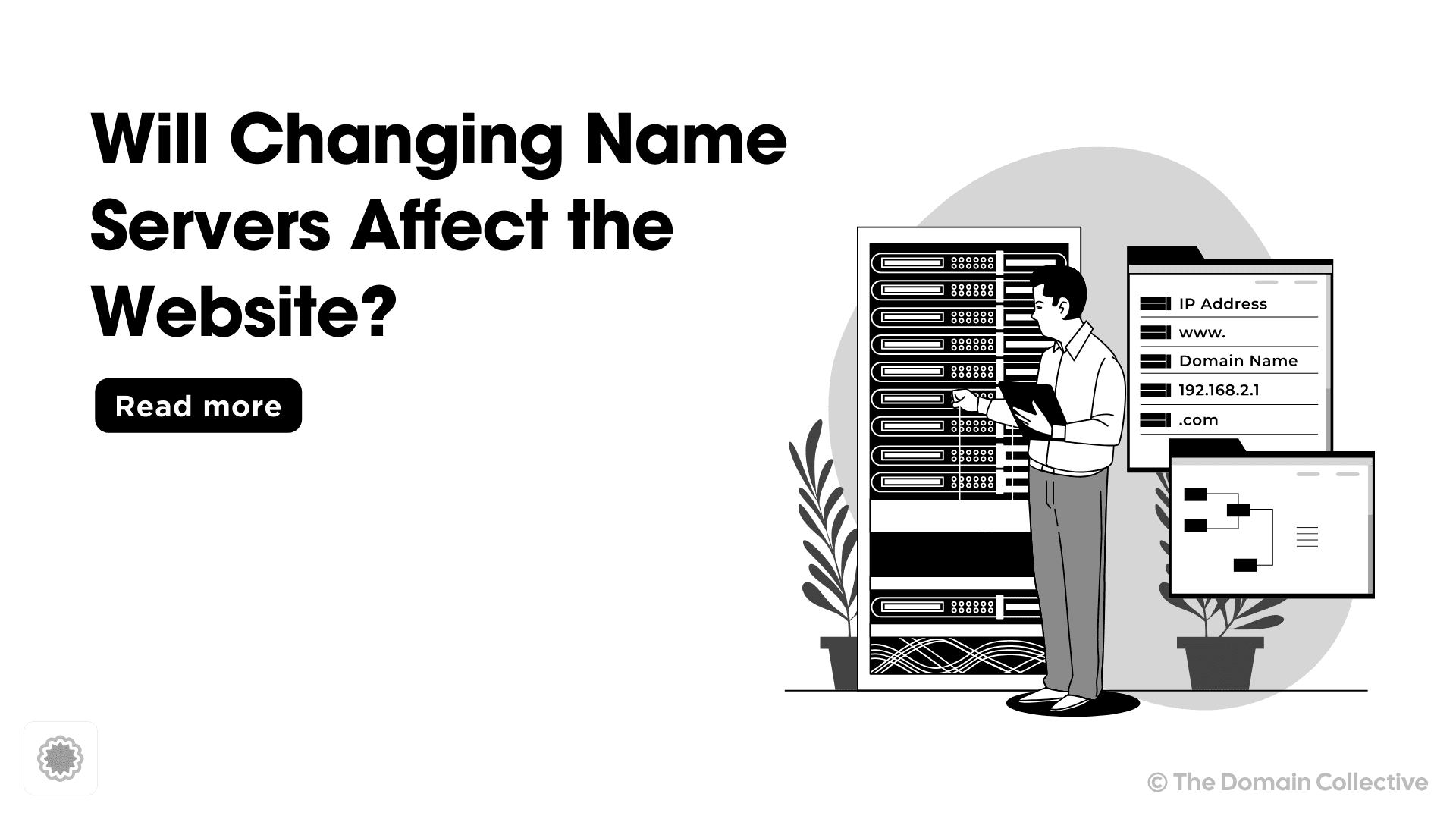Will Changing Name Servers Affect the Website?

Have you ever wondered, "Will changing name servers affect my website?" In an era where digital presence is crucial for businesses, understanding the nuances of website management is essential. From domain registration to web hosting and name servers, each component plays a significant role in keeping your website up and running. This article aims to demystify the impact of changing name servers on your website. We will explore the concept of name servers, the reasons to change name servers, and the potential effects on your website.
- What Are Name Servers?
- Why Change Name Servers?
- Will Changing Name Servers Affect My Website?
- Conclusion
- FAQs
What Are Name Servers?
To start off, let's dive into the basics. A name server is a computer server that implements a network service for providing responses to queries against a directory service. In simpler terms, name servers are the Internet's equivalent to a phone book. They maintain a directory of domain names and translate them into Internet Protocol (IP) addresses. This is necessary because, although domain names are easy for people to remember, computers or machines access websites based on IP addresses.
Why Change Name Servers?
There could be several reasons why you might want to change your name servers. Perhaps you've switched to a new hosting company, or maybe you're looking to use a different email provider. Sometimes, you might want to relocate your website for better performance or cost-efficiency. Whatever the reason, changing name servers is a common practice in website management.
Will Changing Name Servers Affect My Website?
Now, to answer the million-dollar question: "Will changing name servers affect my website?" The short answer is yes, it can. However, the impact is not as scary as you might think.
The Impact on Website Availability
When you change your name servers, it can temporarily make your website unavailable. This is due to a process called DNS propagation, where the new DNS settings spread across all the DNS servers worldwide. This process can take anywhere from a few hours to 48 hours. During this period, some visitors might be directed to your old website or web host, while others might land on your new one.
The Impact on Email Services
If you're using an external email provider, changing name servers can disrupt your email service. This happens if your email settings are not correctly configured on your new name server.
The Impact on SEO
Many website owners worry about the impact on their Search Engine Optimization (SEO). The good news is, if done correctly, changing name servers should have minimal impact on your SEO. However, extended periods of website downtime might affect your search engine rankings.
The Impact on Website Data
Changing name servers doesn’t directly affect your website data. Your content, images, and data will remain intact on your original hosting server unless you delete them.
Conclusion
In conclusion, changing name servers can affect your website, but the effects are temporary and manageable. It's essential to plan ahead and make the transition as smooth as possible to minimize disruptions. Understanding the process and potential impacts can help you make informed decisions and maintain your website's functionality and accessibility.
FAQs
-
How long does DNS propagation take? DNS propagation can take anywhere from a few hours to 48 hours, depending on several factors.
-
Will changing name servers affect my website data? No, changing name servers does not directly affect your website data. Your content will remain intact on your original hosting server.
-
Can changing name servers impact my SEO? If done correctly, changing name servers should have minimal impact on your SEO. However, extended periods of website downtime might affect your search engine rankings.
-
What happens to my email service when I change name servers? If you're using an external email provider, changing name servers can disrupt your email service if the settings are not correctly configured on your new name server.
-
Why would I need to change my name servers? Reasons to change name servers include switching to a new hosting company, using a different email provider, or relocating your website for better performance or cost-efficiency.
Get domain tips in your inbox
Join domain professionals who get weekly tips on domain management, DNS, and registrar best practices.
No spam. Unsubscribe anytime.